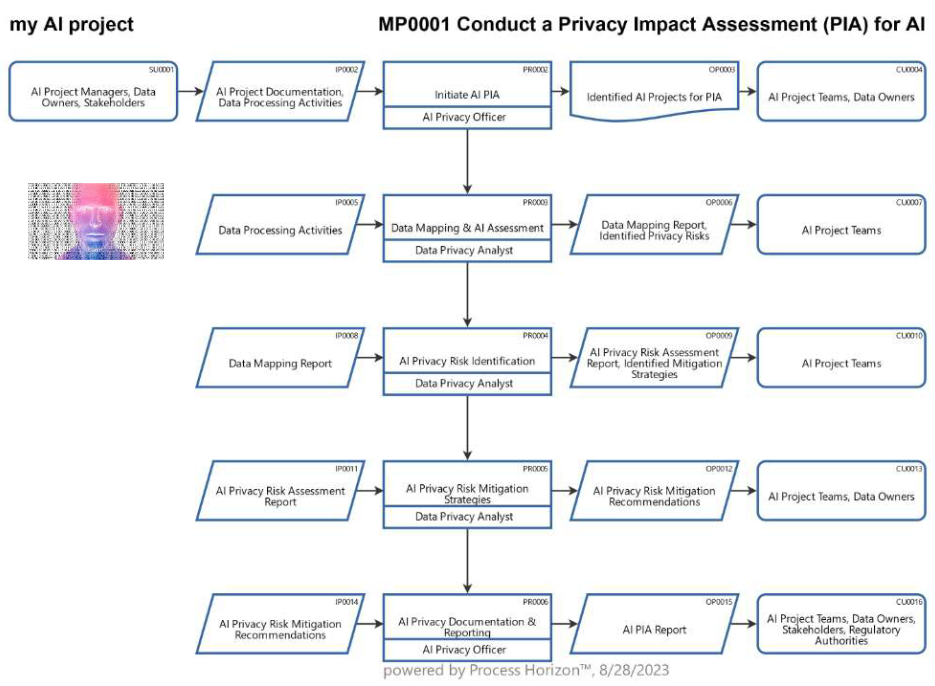Privacy impact analysis for a document management system

A document management system (DMS) in a professional service or health care organization can have significant privacy & data protection implications. It's crucial for organizations to address these privacy and data protection risks to ensure compliance with relevant laws and regulations like the nFADP in Switzerland, GDPR in the EU or HIPAA in the healthcare sector.
To evaluate the potential privacy risks associated with a DMS and to take steps to mitigate them, you should conduct a Privacy & Data Protection Impact Assessment (P&DPIA).
Here are some key considerations:
1. Data Classification and Access Control
- Identify and classify documents based on sensitivity (e.g., public, internal, confidential, personal).
- Implement strict access controls to ensure that only authorized personnel can access and modify documents.
- Maintain an audit trail to monitor who accesses and edits documents.
2. Encryption
- Encrypt data both in transit and in data storage to protect against unauthorized access or data breaches.
- Use strong encryption standards to safeguard sensitive information.
3. Data Retention and Disposal
- Develop clear policies for document retention and disposal to comply with data protection regulations as e.g. FADP, GDPR or HIPAA.
- Ensure that documents are securely deleted when they are no longer needed.
4. User Authentication
- Implement robust user authentication mechanisms, such as multi-factor authentication (MFA), to prevent unauthorized access.
5. Compliance with Regulations
- Familiarize yourself with relevant data protection regulations and ensure your DMS complies with them.
- Be prepared to respond to data subject requests (e.g., access, rectification, deletion) in a timely manner.
6. Data Breach Response Plan
- Develop a comprehensive data breach response plan that outlines the steps to take in the event of a security incident involving your DMS.
- Ensure prompt notification of affected parties and regulatory authorities like the Federal Data Protection and Information Commissioner (FDPIC) as required by law.
7. Vendor Security
- If you use a third-party DMS provider, assess their security practices and ensure they comply with your data protection requirements.
- Include data protection clauses in contracts with service providers to safeguard your clients' data.
8. Employee Training and Awareness
- Train your employees on data protection best practices and the proper use of the DMS.
- Foster a culture of data protection awareness within your organization.
9. Data Portability
- Ensure that clients can easily retrieve their data from the DMS if requested, in compliance with data portability requirements under certain regulations.
10. Regular Auditing and Monitoring
- Regularly audit and monitor your DMS to detect and address vulnerabilities or unauthorized activities.
- Conduct security assessments and penetration testing to identify weaknesses.
11. Transparent Privacy Policy
- Maintain a transparent privacy policy that informs clients and employees about how their data is handled within the DMS.
By addressing these privacy and data protection exposures, professional service and health care organizations cannot only ensure compliance but also build trust with clients and protect their reputation in an era of increasing concern over data privacy.
Explore the smart ProcessHorizon web app for holistic SIPOCprocess mapping: https://processhorizon.com

